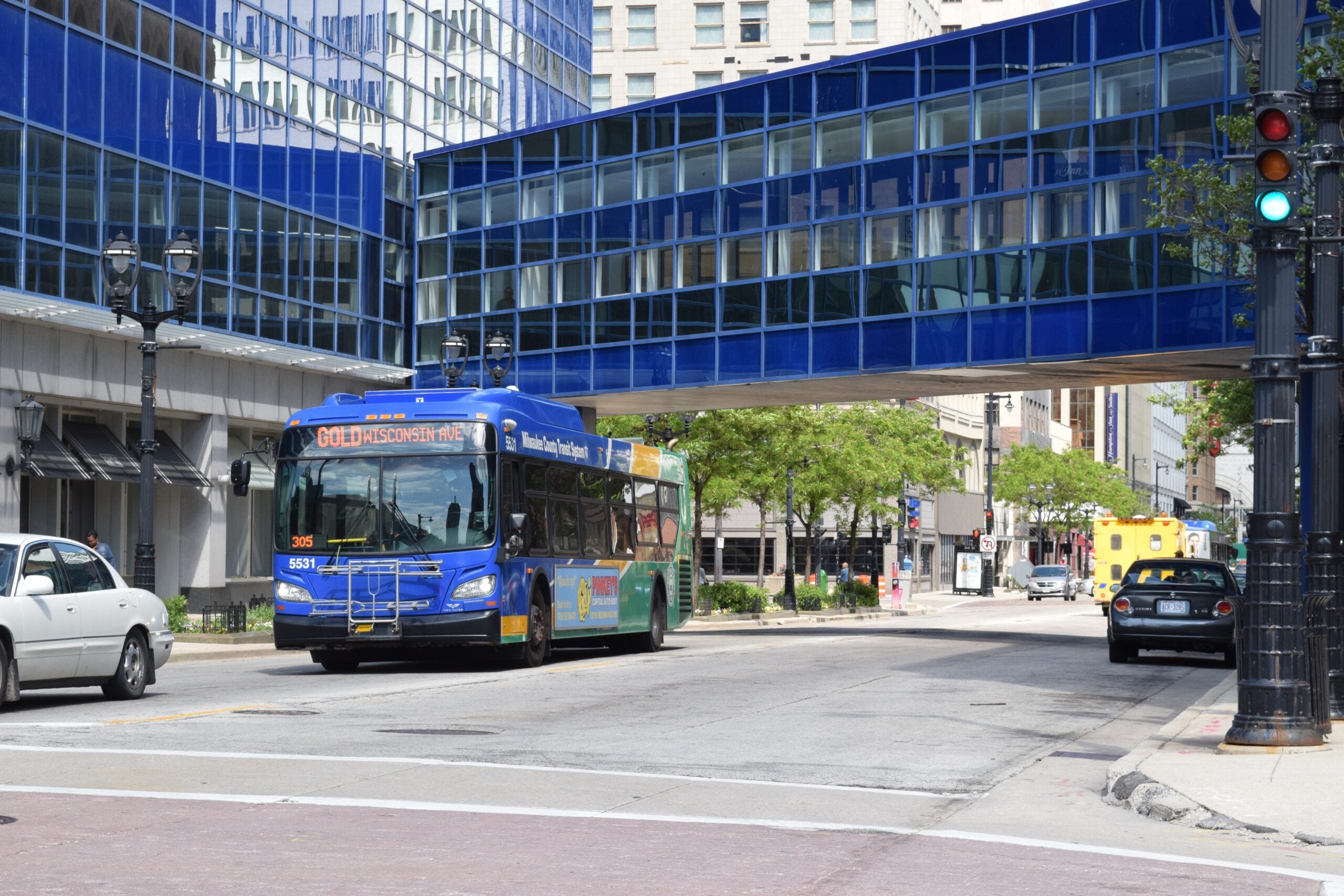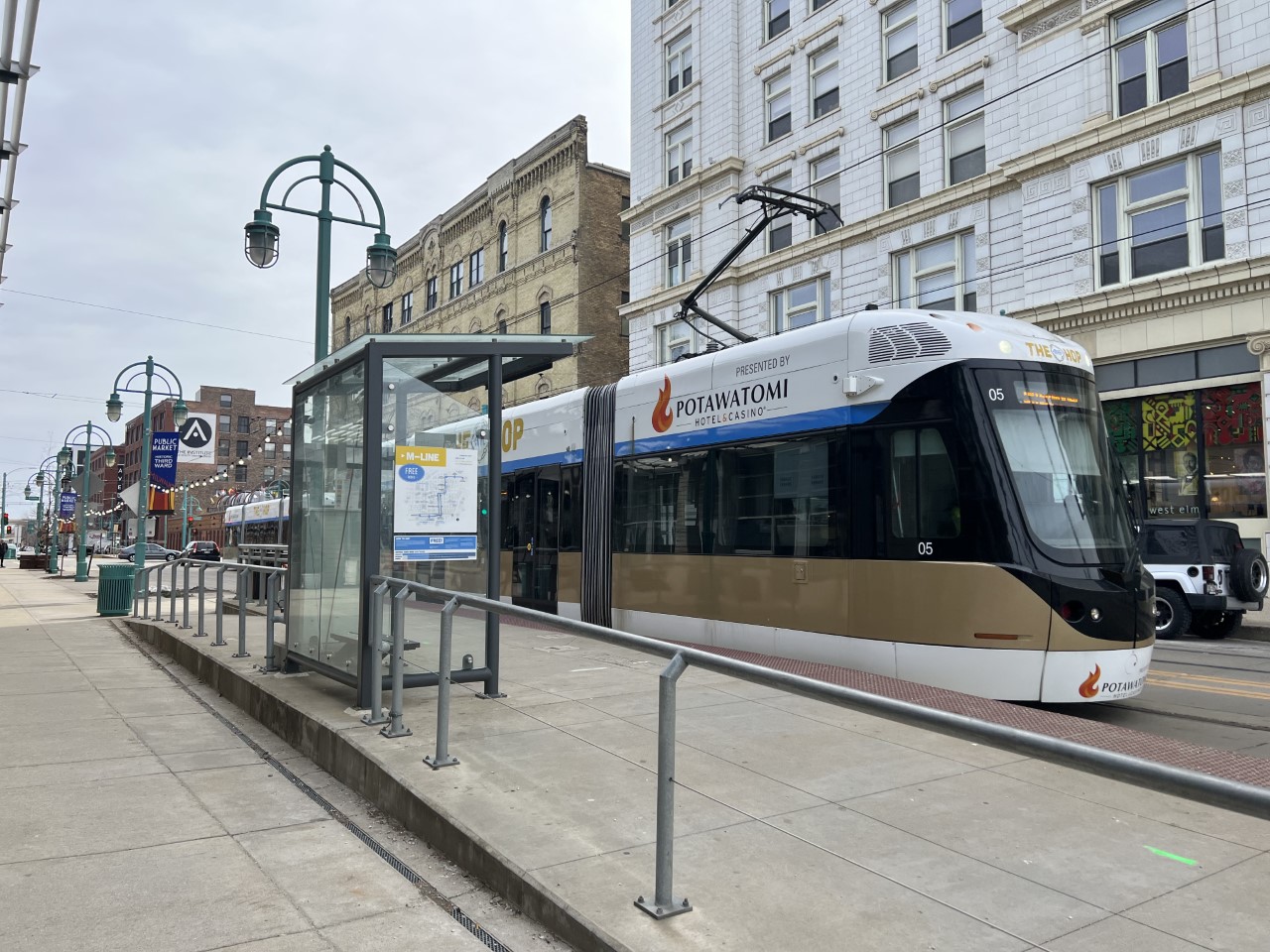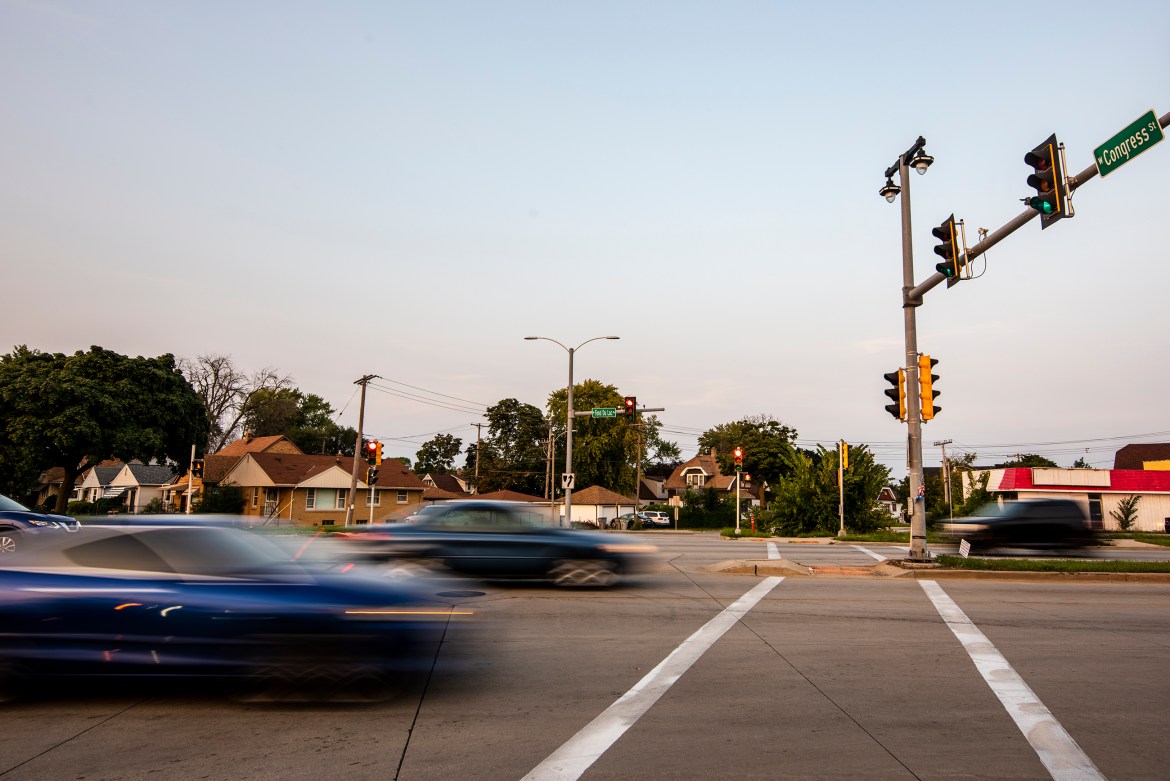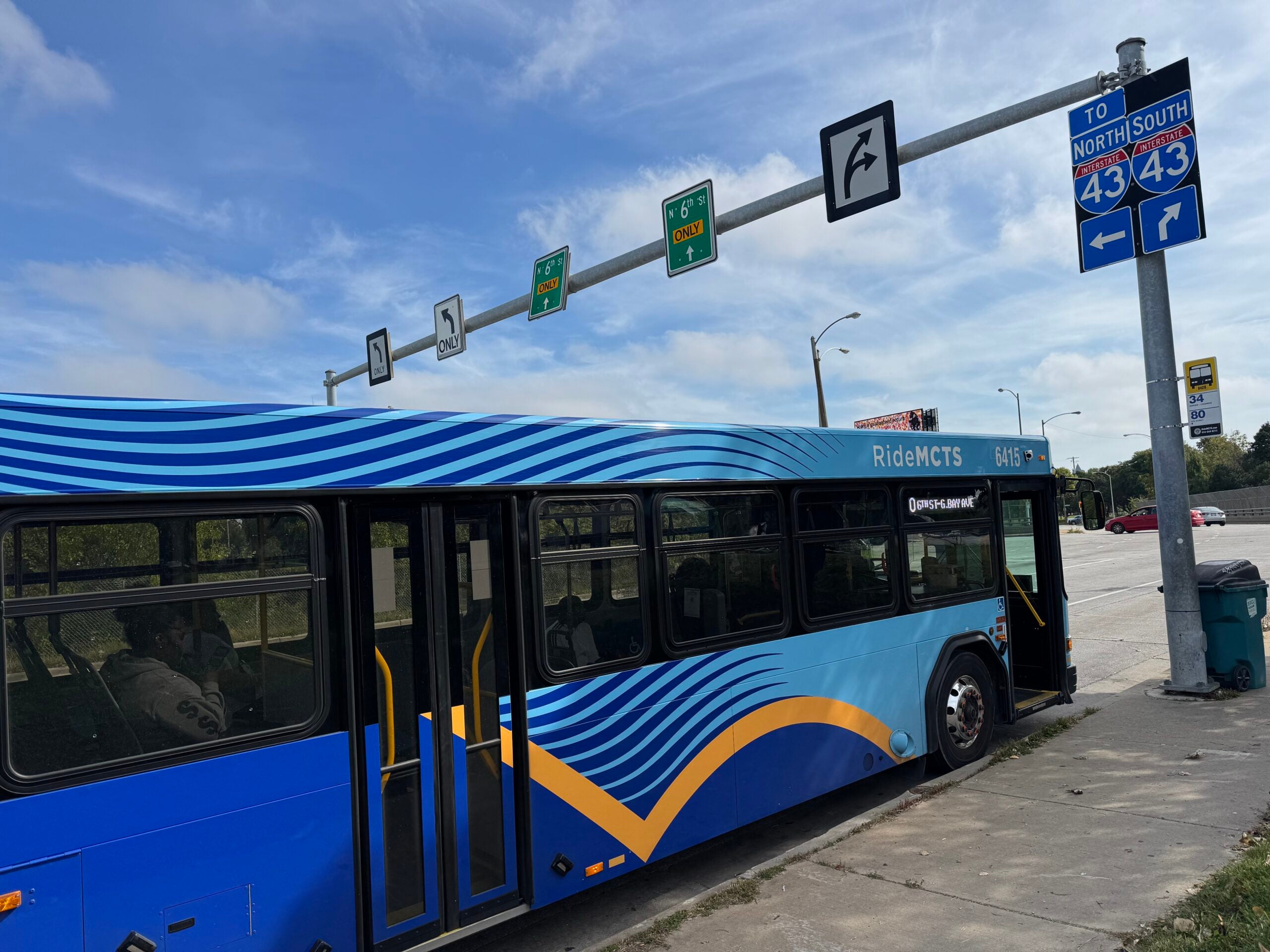Two new reports explore potential ways the city and county of Milwaukee could save money to avoid future budget deficits.
Even as state lawmakers allowed the city and county to implement new sales tax hikes next year, both local governments will likely see budget gaps again in the near future.
One report from the Greater Milwaukee Committee found that the city could increase fees for sanitation, forestry and snow and ice control, sell city-owned parking lots, implement red light cameras and sell an office building in order to save money in the coming years. Another report from the Policy Forum researched ways for the city and county of Milwaukee to consolidate services in an effort to cut costs.
News with a little more humanity
WPR’s “Wisconsin Today” newsletter keeps you connected to the state you love without feeling overwhelmed. No paywall. No agenda. No corporate filter.
This, as the city of Milwaukee is expecting a budget deficit of around $17 million starting in 2025.
“Despite all the progress that’s been made … they’re (the city) still facing a situation where at best they’re going to be able to kind of maintain the status quo or only cut a few services here or there,” said Joel Brennan, president of the Greater Milwaukee Committee.
“I think the belief is you can use the opportunity that the sales tax has brought to be kind of a launching pad to really operating differently,” he added.
Milwaukee County could also face an estimated budget deficit of around $13 million in 2026. Rob Henken, president of Wisconsin Policy Forum, said Milwaukee Mayor Cavalier Johnson and Milwaukee County Executive David Crowley commissioned the forum report to look into the possibility of sharing or merging administrative services.
“Both to improve the quality of the supportive services that city and county departments are getting but also potentially to save some money in light of the city’s and county’s fiscal challenges,” Henken said.
The Wisconsin Policy Forum report recommended that in some areas — including payroll, procurement, fleet operations and mowing — there could be a full merger between city and county services.
For example, the county has a more extensive mowing operation and a small engine repair operation, Henken said, because it already oversees the Milwaukee County Parks system.
“So that might be an example where, hypothetically speaking, the county could take over mowing and small engine maintenance tasks for the city under some type of a contractual agreement,” Henken said.
The report also found the city runs a successful wellness clinic for its employees, which the county could also take advantage of.
“County officials are just starting out – and in fact, have already contacted city officials for advice – and should consider whether creation of jointly administered and jointly financed wellness clinics might reduce costs and enhance service levels for both governments,” the report said.
Next, Henken said the city and county will contact the forum about what areas to research further.
The Greater Milwaukee Committee report, done with help from consulting firm Ernst & Young, found dozens of ways to help the city reduce costs, increase revenue and improve performance for residents.
Brennan said the goal was to implement some of those plans sooner rather than later.
“It really was done with an eye towards that,” Brennan said.
Currently, the city is occupying just about 25 percent of the city-owned office building at 809 N. Broadway. Brennan said now might be the “opportune time” for the city to sell that property and move staff to another nearby office building.
The city could also implement red light cameras to generate revenue from traffic citations, he said.
“Other cities have used them to generate revenue in the short term but more importantly in some ways, to change behavior,” Brennan said.
However, state lawmakers would need to allow the city to implement those cameras first.
Wisconsin Public Radio, © Copyright 2026, Board of Regents of the University of Wisconsin System and Wisconsin Educational Communications Board.





